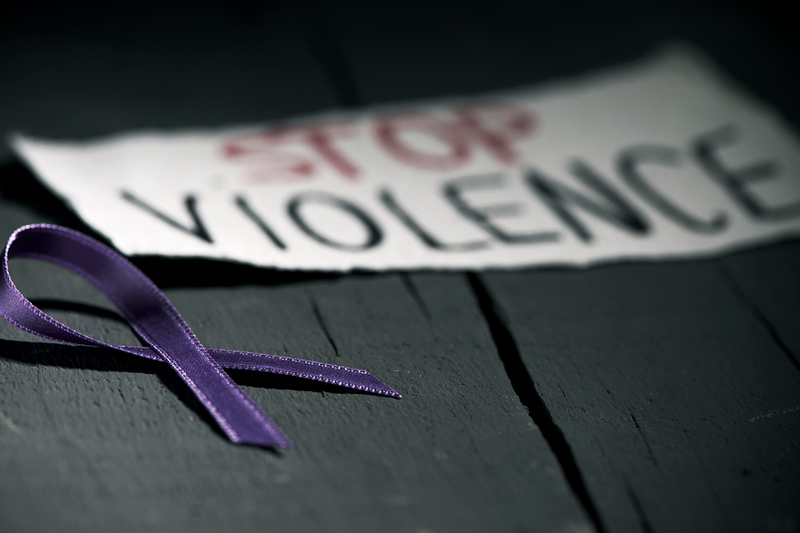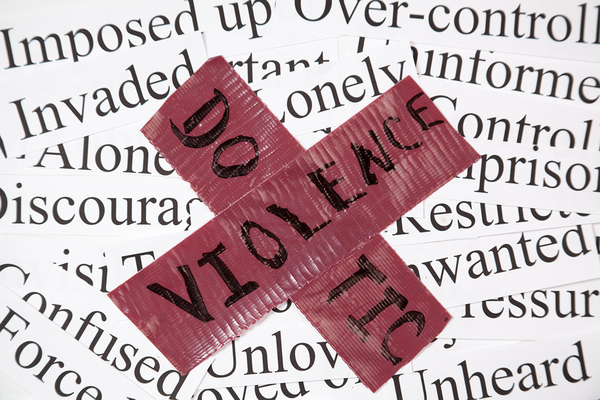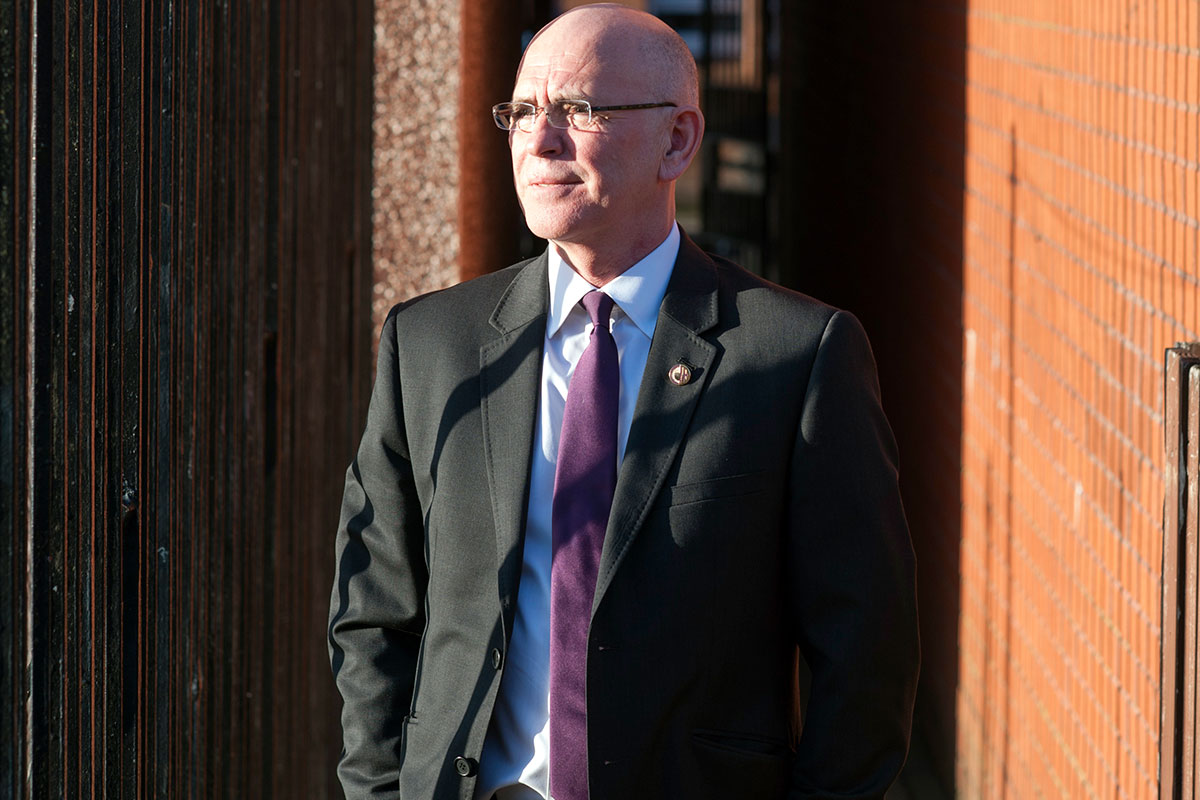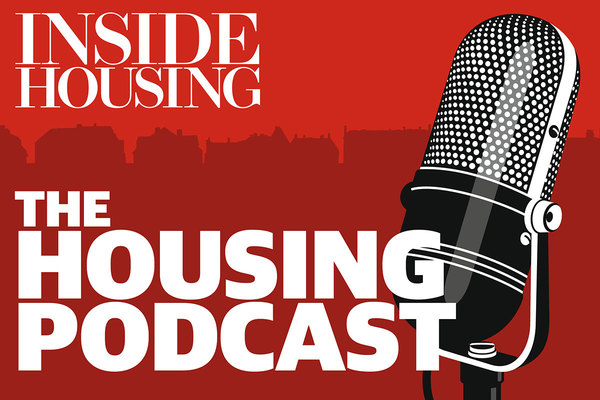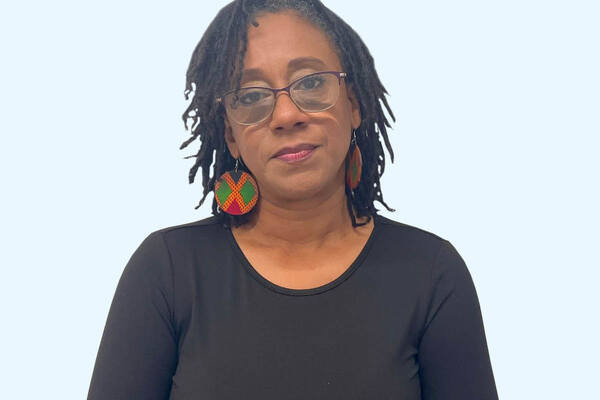You are viewing 1 of your 1 free articles
Let’s grasp the chance to transform support for domestic abuse survivors
To be truly transformative, the Domestic Abuse Bill must do more to protect migrant survivors and provide the resources local authorities need to deliver refuge services. Here’s how housing associations can help, writes Geeta Nanda
At Metropolitan Thames Valley (MTVH), we have witnessed first-hand the devastating impact of the pandemic on those at risk of domestic abuse. For some people living with abusive partners, staying at home during the pandemic has cut off their escape and even put lives at risk.
The government is currently progressing crucial legislation that offers the most comprehensive package ever presented to tackle domestic abuse. However, to be truly transformative, the Domestic Abuse Bill must do more to protect migrant survivors and provide the resources local authorities need to deliver refuge services.
Here’s how housing associations can help.
Since the first national lockdown, the number of people seeking help due to domestic abuse has risen significantly. A recent report by national domestic abuse charity Women’s Aid found that 61% of survivors have experienced more abuse during the pandemic and the National Domestic Abuse Helpline reported a 25% increase in calls since lockdown measures began.
Our experiences as a provider of homes and specialist domestic abuse support services during this time has mirrored the national picture. We’ve seen vastly increased numbers of individual and repeat domestic abuse calls and, worryingly, weekly referrals to our refuge have quadrupled.
This surge in domestic abuse cases has illuminated the vital need for enhanced protective and preventative support. That’s why we welcome the government’s Domestic Abuse Bill, which offers an opportunity to provide the safety net survivors need by introducing new requirements for local service provision.
Yet, to be truly transformative, this vital legislation must be backed-up with resources to support local authorities to deliver refuge services. Crucially, its scope must also be expanded to extend this safety net to include some of the most at-risk people in society – survivors of domestic abuse who are recent migrants.
As an organisation founded to provide secure and affordable homes for the Windrush generation, a belief in equality is embedded deep within our organisational fabric, as I know it is at many other housing associations.
We are continuing to support newly arrived migrants to the UK through our Migration Foundation, which funds legal advice, practical housing support and specialist domestic abuse services for thousands of people.
What we’ve seen during the pandemic through the services and partnerships we support is the barrier a person’s immigration status presents to them getting the support they need.
“To be truly transformative, the Domestic Abuse bill must ensure all migrants are able to access refuge spaces and that they are supported to regularise their immigration status independent from their abusers”
Currently, migrant survivors with no recourse to public funds (NRPF) are unable to access Universal Credit, local authority housing and refuges funded by housing benefit. Without a safety net, many migrant survivors are left in an extremely vulnerable position, often facing the stark choice of destitution or returning to live with the perpetrator of their abuse. The latest annual audit by Women’s Aid found that only 5% of shelter vacancies listed in 2019 could accommodate women with NRPF.
Behind these statistics are people like Anna (not her real name), who we have been supporting. After suffering physical and emotional abuse and threats to her family in her former home country, Anna approached our domestic abuse service. Having just left her perpetrator and marital partner, she had NRPF and no legal access to a refuge service.
MTVH colleagues supported her to apply for a destitution domestic violence (DDV) concession, which would allow her to claim public funds and access support services. She’s now moved into her sister’s home to escape her dangerous living situation while she waits to gain access to support.
Anna’s story highlights the critical blind spot of the Domestic Abuse Bill – access to support for migrants whose immigration status does not currently entitle them to it.
For many survivors like Anna, living with family while they wait to be granted access to support simply isn’t an option. This leaves them with no choice but to return to an unsafe environment, putting themselves and their families at risk and often deters them from reaching out for support in the first place.
To be truly transformative, the Domestic Abuse bill must ensure all migrants are able to access refuge spaces and that they are supported to regularise their immigration status independent from their abusers.
Anna’s testimony also demonstrates the vital role refuges play in providing bespoke support to survivors in times of desperate need. Sixty-four per cent of refuge referrals in England were declined last year due to a lack of bed space. Of the women turned away, almost half were from Black and minority ethnic backgrounds.
The new legal duty the Domestic Abuse Bill introduces on local authorities to commission domestic abuse services is therefore extremely welcome. It has the potential to ensure that survivors, no matter what their postcode, are in theory able to access safety when they need it.
However, while the government’s recent announcement of £40m in additional funding for domestic abuse services will go some way to making this happen, for the Domestic Abuse Bill to deliver on this essential ambition, it must be accompanied by enough new funding to maintain and, ideally, expand access to refuges. Without this, local authorities are being set up to fail.
Housing associations also have a vital role to play in tackling domestic abuse and supporting survivors. We are well positioned to identify and respond to safeguarding concerns through our services and partnerships with local authorities, as well as contributing to conversations about the type of support survivors need.
In the year when living in a safe and decent home has found renewed importance, we have a responsibility to use our voice to raise awareness of survivors’ experiences and to advocate for measures that will enable all survivors to live free from fear and violence.
Geeta Nanda, chief executive, Metropolitan Thames Valley

